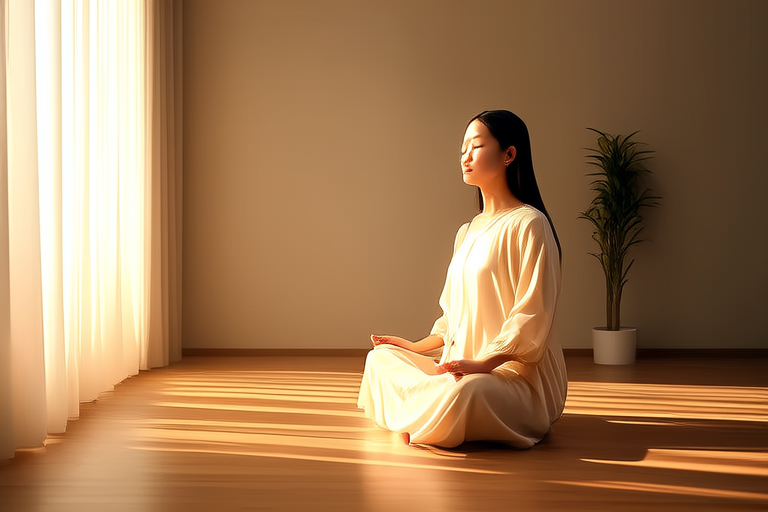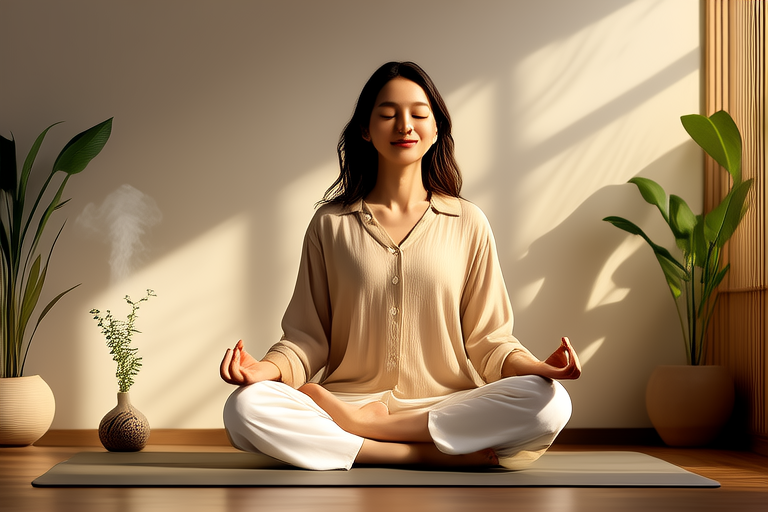Mastering the Art of Stress Management: Your Path to Peace and Productivity
Introduction: Understanding the Impact of Stress
In today’s fast-paced world, stress has become an almost inevitable part of life. Whether it stems from professional pressures, personal responsibilities, or societal expectations, stress can take a significant toll on both physical and mental health. Chronic stress is linked to a host of health issues, including cardiovascular disease, weakened immune function, anxiety, and depression. Beyond its impact on well-being, stress also hinders productivity, making it harder to focus, make decisions, and maintain motivation.
However, stress is not inherently negative. In small doses, it can serve as a motivator, pushing us to meet deadlines or rise to challenges. The key lies in managing stress effectively so that it becomes a tool rather than a burden. By mastering stress management techniques, individuals can reclaim their peace of mind, enhance their productivity, and build a foundation for long-term success and happiness.
Practical Techniques for Stress Reduction
There are numerous strategies available to help reduce stress and regain control over your life. Below are some of the most effective techniques, each offering unique benefits for both body and mind.
Mindfulness: Cultivating Awareness and Calm
Mindfulness involves paying attention to the present moment without judgment. This practice encourages individuals to observe their thoughts, emotions, and physical sensations as they arise, fostering a sense of calm and clarity. Research has shown that mindfulness can significantly reduce stress levels by promoting relaxation and improving emotional regulation.
To incorporate mindfulness into your daily routine, consider setting aside a few minutes each day for meditation or deep breathing exercises. Focus on your breath, letting go of distractions and grounding yourself in the here and now. Over time, this practice can help you respond to stressors with greater resilience and composure.
Time Management: Taking Control of Your Schedule
Poor time management often exacerbates stress by creating a sense of overwhelm and chaos. Learning to prioritize tasks and allocate time effectively can alleviate this pressure and improve productivity. Start by identifying your most important goals and breaking them down into manageable steps. Use tools like planners or digital calendars to organize your schedule and set realistic deadlines.
Additionally, don’t forget to build in buffer periods for unexpected challenges and allow yourself regular breaks to recharge. By taking proactive control of your time, you can reduce the feeling of being constantly “behind” and create space for meaningful work and relaxation.
Physical Activity: Energizing Body and Mind
Exercise is one of the most powerful antidotes to stress. Physical activity triggers the release of endorphins—natural mood enhancers that promote feelings of happiness and relaxation. Whether it’s a brisk walk, yoga session, or high-intensity workout, engaging in regular exercise can help dissipate tension and boost energy levels.
Beyond its immediate effects, exercise also contributes to better sleep quality, improved concentration, and enhanced self-esteem—all of which play a role in reducing stress. Aim to incorporate at least 30 minutes of moderate physical activity into your routine most days of the week. Even small changes, such as taking the stairs instead of the elevator, can make a difference over time.
Tips for Cultivating a Balanced Lifestyle
While specific techniques like mindfulness and exercise are invaluable for stress reduction, achieving lasting peace requires adopting a holistic approach to life. Here are some tips for cultivating balance and harmony across various aspects of your daily routine:
Prioritize Sleep
Sleep is essential for both physical recovery and mental clarity. Chronic sleep deprivation can amplify stress and impair cognitive function, making it even harder to cope with challenges. To improve your sleep quality, establish a consistent bedtime routine, limit screen time before bed, and create a comfortable sleep environment free from distractions.
Nurture Relationships
Strong social connections provide a vital support system during stressful times. Make an effort to nurture relationships with family, friends, and colleagues by spending quality time together and communicating openly. Sharing your experiences and seeking advice when needed can help lighten the emotional load and foster a sense of belonging.
Practice Self-Care
Self-care involves prioritizing activities that nourish your body, mind, and spirit. This could include hobbies you enjoy, indulging in a favorite meal, or simply taking a moment to relax with a book. Remember that self-care is not selfish—it’s a necessary investment in your overall well-being.
Set Boundaries
Learning to say no is crucial for maintaining balance. Overcommitting yourself can lead to burnout and increased stress. Be mindful of your limits and communicate them clearly to others. Setting boundaries allows you to protect your time and energy for what truly matters.
Conclusion: Embracing the Long-Term Benefits of Stress Management
Mastering the art of stress management is not just about surviving the demands of modern life—it’s about thriving despite them. By implementing practical techniques like mindfulness, time management, and physical activity, you can transform stress from a source of anxiety into a catalyst for growth. Coupled with a commitment to cultivating balance through adequate sleep, strong relationships, self-care, and boundaries, these strategies pave the way for a healthier, more fulfilling existence.
The long-term benefits of effective stress management extend far beyond immediate relief. They include improved physical health, enhanced mental clarity, stronger relationships, and sustained productivity. As you embark on your journey toward peace and productivity, remember that progress takes time and patience. Celebrate small victories along the way, and trust that every step forward brings you closer to a life of balance and joy.










